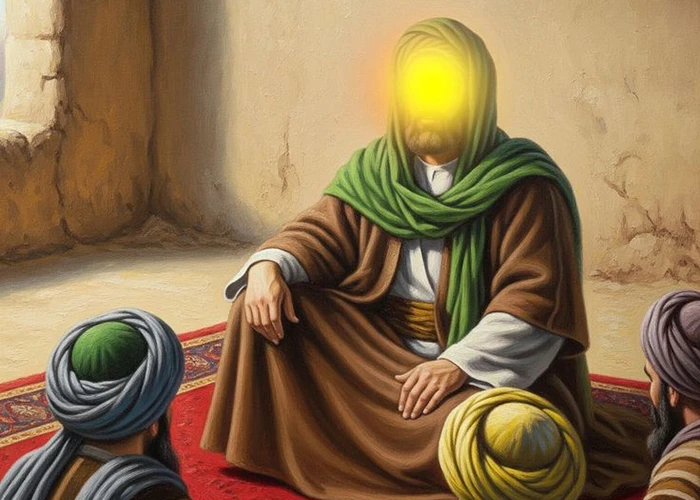Ayah Of The Week – Friday Bulletin Issue14
World Tourism Day has been observed annually on 27 September since 1980, commemorating the anniversary of the adoption of the Statutes of the Organisation in 1970, which paved the way for the establishment of the UN World Tourism Organisation (UNWTO) five years later.
The Holy Qur’an addresses the concept of tourism and its key purposes in several verses. For instance, in one verse, it states:
قُلْ سِيرُوا فِي الْأَرْضِ فَانْظُرُوا كَيْفَ كَانَ عَاقِبَةُ الْمُجْرِمِينَ (سوره النمل، آیه 69).
“Say, ‘Travel through the earth and observe how was the end of the wrongdoers“
(Surah An-Naml, Ayah 69).
This verse has several educational interpretations for the Muslim Ummah, as summarised below:
Educational Messages of this Verse for Teenagers and Youth:
Learning from History: This verse encourages young people to reflect on the past and learn from the mistakes of those who committed wrongdoings. By studying history, youth can gain wisdom and avoid repeating the errors that led to the downfall of earlier generations.
The Importance of Foresight in Decision-Making: A key message for young people is to consider the outcome of their decisions before acting. This form of foresight is like learning from history in advance, helping them make fewer mistakes by thinking carefully about the consequences of their actions.
Broadening Your Perspective: It inspires young people to explore the world, either through physical travel or by studying different cultures and societies. This helps to broaden their understanding and enables them to make more informed and responsible decisions.
Educational Messages of this Verse for Parents:
Encouraging Reflective and Halal Tourism: One of the educational messages of this verse for parents is to allocate a portion of the family budget towards halal and thoughtful tourism. These trips should encourage reflection and contemplation, where parents guide their children to think about what they observe, learn from historical lessons, and draw meaningful insights.
Teaching Accountability: Parents can use this verse to instil in their children the importance of being accountable for their actions. It serves as a reminder that wrongdoing has consequences, and learning from the past can guide them towards a more righteous path.
Instilling the Value of Reflection: Encourage children to reflect on the consequences of immoral behaviour and injustice. Parents can guide their children to understand the significance of living with integrity and adhering to ethical principles.
Educational Messages of this Verse for Imams of Mosques and Cultural Centres:
Promoting the Study of History: Imams can emphasise the importance of reflecting on the past as encouraged by the Holy Qur’an. They can organise talks or classes that explore lessons from the history of previous civilisations and their relevance to today’s challenges.
Fostering a Culture of Responsibility: This verse can be highlighted in sermons to remind the community of the consequences of moral corruption, encouraging collective responsibility for promoting justice, truth, and righteousness.
Educational Messages of this Verse for Muslim Communities:
Building a Conscious and Reflective Society: Muslim communities can create initiatives focused on learning from history, such as study groups, lectures, or community events that encourage reflection on the fate of past nations and the importance of adhering to moral principles.
Avoiding the Path of Corruption: The verse serves as a warning against the outcomes of corruption and wrongdoing. Communities can use this as a call to uphold justice, fairness, and moral integrity at all levels of society.
editor's pick
news via inbox
Subscribe to the newsletter.




